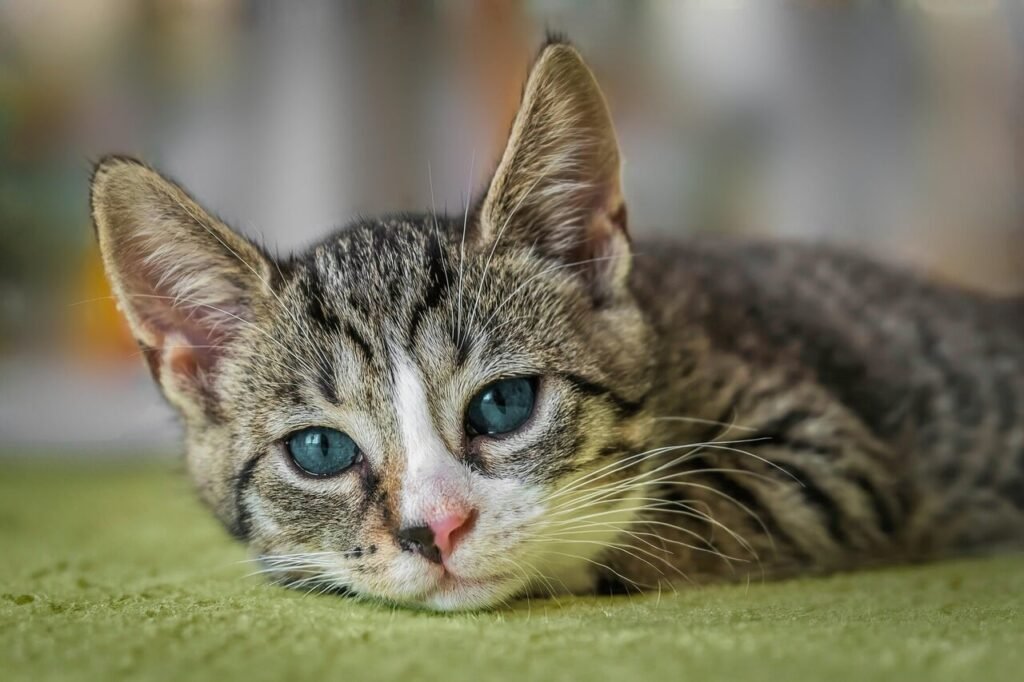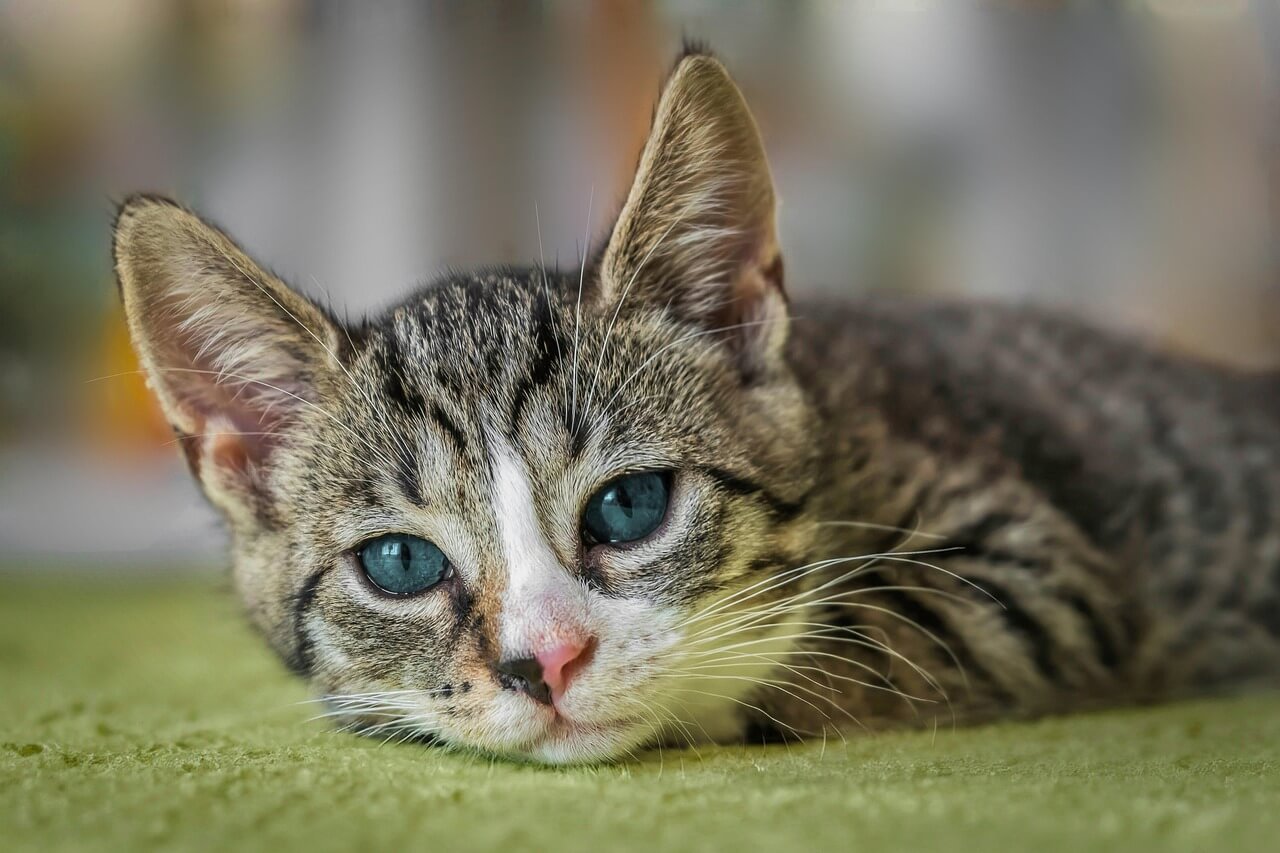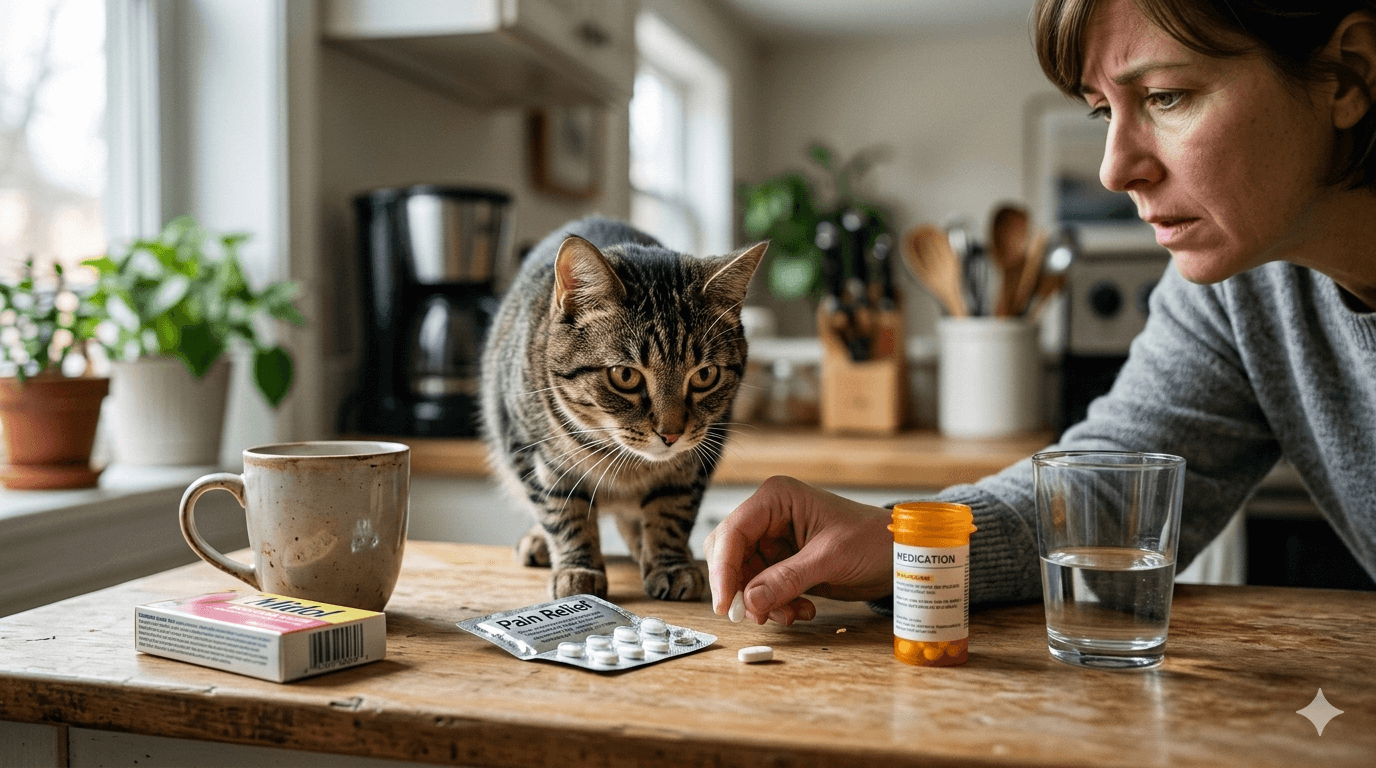How Long Can a Cat Stay on Antibiotics?
When your feline friend falls ill, antibiotics are often prescribed to help them recover from bacterial infections. However, many cat owners wonder how long their pets can safely stay on these medications. While antibiotics are crucial for treating infections, prolonged or improper use can lead to complications such as antibiotic resistance or side effects. Understanding the appropriate duration of antibiotic treatment and the importance of following veterinary guidance is essential for ensuring your cat’s health and well-being. In this blog post, we’ll explore everything you need to know about using antibiotics responsibly and effectively for your cat.
Factors That Determine the Duration of Antibiotic Treatment
The length of time a cat should stay on antibiotics depends on several factors, including the type of infection, the cat’s overall health, and the specific medication prescribed. Here’s what influences the treatment timeline:
Type of Infection:
Minor infections like urinary tract infections may require only 7-10 days of antibiotics, while more severe conditions like pneumonia could take weeks to treat.Severity of Symptoms:
Cats with mild symptoms may recover faster, while those with advanced infections might need extended treatment to fully eliminate the bacteria.Age and Health of the Cat:
Senior cats or those with underlying health issues may require longer treatment periods to ensure complete recovery.Type of Antibiotic Prescribed:
Some antibiotics work faster than others, so the duration will vary based on the medication’s potency and mechanism of action.Veterinary Recommendations:
Your veterinarian will tailor the treatment plan to your cat’s specific needs, taking into account lab results and diagnostic tests.
Understanding these factors helps explain why antibiotic durations vary and highlights the importance of personalized care for your cat.
Signs Your Cat May Need Antibiotics
Knowing when your cat might require antibiotics can help you seek timely veterinary care. Look out for these signs that indicate a potential bacterial infection:
Persistent Lethargy:
If your cat seems unusually tired or uninterested in activities they normally enjoy, it could signal an underlying illness.Loss of Appetite:
A sudden refusal to eat or drink may point to discomfort or pain caused by an infection.Fever or Shivering:
Elevated body temperature or shivering can indicate that your cat’s immune system is fighting off an infection.Discharge from Eyes, Nose, or Ears:
Unusual discharge, especially if it’s yellow, green, or bloody, suggests a possible bacterial issue.Difficulty Breathing or Urinating:
Respiratory or urinary issues often require prompt medical attention, as they may involve bacterial infections.
Recognizing these symptoms early ensures your cat receives the necessary treatment before the condition worsens.
Check this guide 👉Cat Antibiotics Without Veterinary Guidance: Best 7 Tips!
Check this guide 👉Natural Antibiotics for Cats: Best 7 Expert Tips!

Benefits of Proper Antibiotic Use | Risks of Overusing Antibiotics |
|---|---|
Treats bacterial infections effectively | Increases risk of antibiotic resistance |
Prevents complications from untreated illnesses | May cause digestive upset or side effects |
Supports faster recovery | Prolonged use can harm liver/kidney function |
Reduces spread of infection to other pets | Misuse can lead to incomplete recovery |
Follows veterinary guidelines for safety | Costly and unnecessary treatments |
Tips for Administering Antibiotics to Your Cat
Giving antibiotics to a cat can be challenging, but these tips can make the process smoother and less stressful for both you and your pet.
Follow the Prescribed Dosage Exactly:
Never adjust the dosage or stop the medication early, even if your cat seems better. Completing the course is vital for full recovery.Use Pill Pockets or Treats:
Hide the pill in a soft treat or pill pocket to make administration easier and more palatable for your cat.Crush Pills (If Approved):
Some medications can be crushed and mixed with wet food, but always check with your vet first to ensure it won’t affect efficacy.Reward Your Cat Afterward:
Offer praise, cuddles, or a favorite treat after giving the medication to create positive associations.Monitor for Side Effects:
Keep an eye out for vomiting, diarrhea, or changes in behavior, and contact your vet immediately if any issues arise.
These strategies ensure your cat receives their medication safely and comfortably while minimizing stress.
What Happens If You Stop Antibiotics Too Early?
Stopping antibiotics prematurely can have serious consequences for your cat’s health. Here’s why completing the full course of treatment is critical:
Incomplete Eradication of Bacteria:
Stopping too soon may leave some bacteria alive, allowing them to multiply and cause a relapse of the infection.Development of Antibiotic Resistance:
Surviving bacteria can become resistant to the medication, making future infections harder to treat.Worsening Symptoms:
The initial improvement might reverse, leading to more severe symptoms that require stronger or longer treatments.Increased Veterinary Costs:
Relapses often necessitate additional vet visits, tests, and medications, adding to the financial burden.Risk to Other Pets:
Untreated or recurring infections can spread to other animals in the household, posing a risk to their health as well.
Completing the prescribed course ensures your cat’s infection is fully resolved and reduces the risk of complications.
Common Mistakes to Avoid When Giving Antibiotics
Administering antibiotics incorrectly can compromise your cat’s recovery. Avoid these common mistakes to ensure safe and effective treatment:
Skipping Doses:
Missing doses disrupts the consistent level of medication needed to fight the infection. Set reminders to stay on schedule.Changing Dosage Without Consulting a Vet:
Adjusting the dose based on assumptions can lead to under- or overdosing, both of which are harmful.Using Leftover Medications:
Old or leftover antibiotics may not be suitable for your cat’s current condition and could cause adverse reactions.Ignoring Side Effects:
Failing to report unusual symptoms delays addressing potential complications. Always inform your vet promptly.Forcing Pills Down the Throat Improperly:
Incorrect administration can cause choking or injury. Learn proper techniques or ask your vet for guidance.
Avoiding these errors ensures your cat’s treatment remains safe and effective throughout the course.
Signs Your Cat Is Experiencing Antibiotic Side Effects
While antibiotics are generally safe, some cats may experience side effects. Watch for these signs that indicate your cat might be struggling with the medication:
Vomiting or Diarrhea:
Gastrointestinal upset is one of the most common side effects of antibiotics. Ensure your cat stays hydrated.Loss of Appetite:
Refusal to eat could suggest nausea or discomfort caused by the medication.Lethargy or Weakness:
Extreme tiredness may indicate the medication is affecting your cat’s energy levels.Allergic Reactions:
Swelling, itching, or difficulty breathing requires immediate veterinary attention.Changes in Behavior:
Increased aggression or withdrawal may signal discomfort or stress related to the treatment.
Addressing these symptoms promptly ensures your cat remains comfortable during their recovery journey.
Alternatives to Oral Antibiotics
In some cases, oral antibiotics may not be the best option for your cat. These alternatives provide flexibility based on your cat’s needs and preferences:
Injectable Antibiotics:
Administered by a vet, injections bypass the need for daily oral dosing and are absorbed quickly into the bloodstream.Topical Treatments:
For localized infections, creams or ointments applied directly to the affected area can target bacteria effectively.Antibiotic Eye Drops or Ear Drops:
Specifically designed for infections in these areas, drops deliver medication precisely where it’s needed.Probiotics as Support:
Probiotics can help maintain gut health during antibiotic treatment, reducing the risk of digestive upset.Natural Remedies (Under Vet Supervision):
Herbal supplements or dietary adjustments may complement conventional treatments but should only be used with professional guidance.
Exploring these alternatives ensures your cat receives the most appropriate care for their specific condition.
Frequently Asked Questions About Antibiotics for Cats
Can I give my cat human antibiotics?
No, human antibiotics are not formulated for cats and can be toxic. Always use medications prescribed by your vet.
What should I do if I miss a dose?
Administer the missed dose as soon as you remember, unless it’s close to the next scheduled dose. Never double up doses.
How can I tell if the antibiotics are working?
Improvement in symptoms like increased energy, appetite, and reduced discharge usually indicates the medication is effective.
Are there alternatives to oral antibiotics?
Yes, injections or topical treatments may be available depending on the condition being treated. Consult your vet for options.
Why does my cat need a follow-up appointment?
Follow-ups allow your vet to confirm the infection has cleared and assess whether further treatment is needed.
Prioritizing Your Cat’s Health Through Responsible Antibiotic Use
Antibiotics are powerful tools for treating bacterial infections in cats, but their effectiveness depends on responsible use. By understanding the factors influencing treatment duration, recognizing symptoms early, and following veterinary advice, you can ensure your cat receives the best care possible. Remember, completing the full course of antibiotics and monitoring for side effects are key steps in safeguarding your cat’s health. With proper care and attention, you can help your furry companion recover quickly and avoid potential complications. Always consult your veterinarian for guidance tailored to your cat’s unique needs.
Can I Give My Cat Midol? Best 7 Expert Tips! – Learn the risks, symptoms, and safe alternatives to keep your cat healthy and avoid toxic reactions.
Can I Give My Dog Midol? Best 7 Expert Tips! – Discover the risks, safe alternatives, and expert advice to keep your dog safe from accidental poisoning.
Maximum Weight for Cats on Planes: Best 7 Expert Tips! – Learn airline policies, tips to stay compliant, and ensure safe travels for your feline friend.
Max Weight for Dogs on Planes: Best 7 Expert Tips! – Discover airline weight limits, safe travel tips, and solutions for flying with your dog stress-free.





